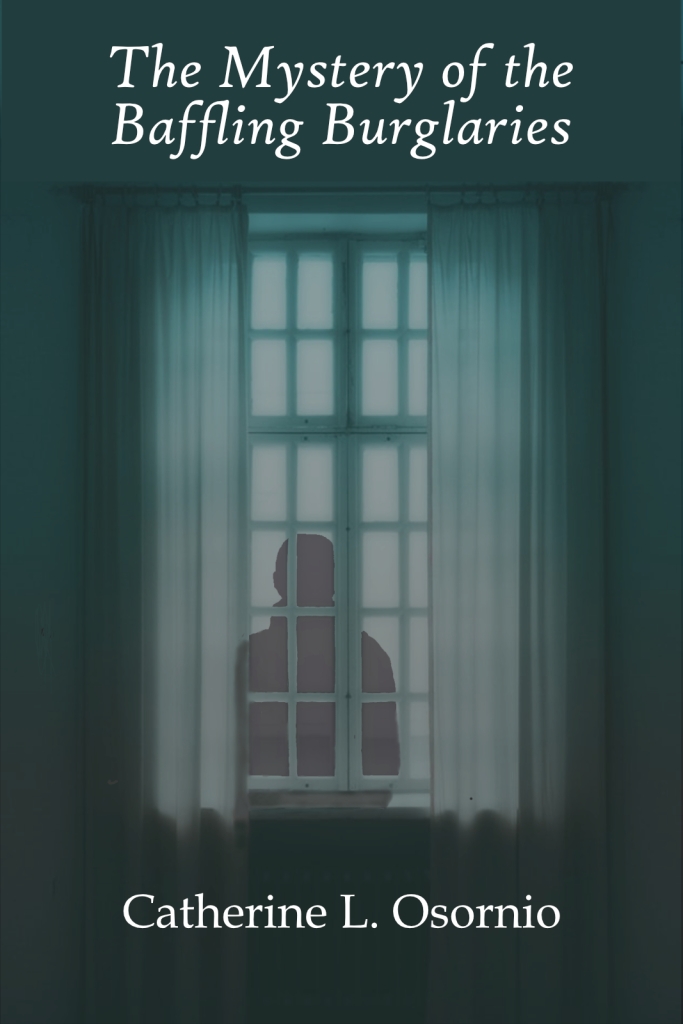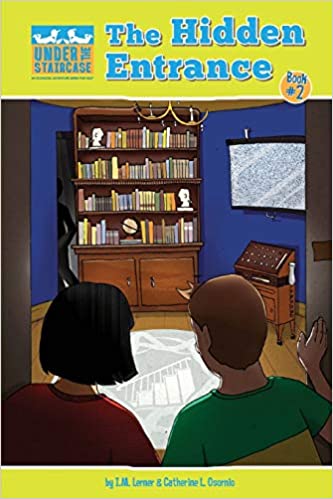Writers are usually pictured in two different ways: very messy because they’re more interested in the creative process than keeping their work area clean; or, extremely neat and tidy where everything is organized and in its place.
I fall somewhere in the middle, leaning a little to the messy side. I prefer the neat and orderly, but with the little work space I have, and the increasing amounts of paperwork I go through and the research materials I accumulate, I find it difficult to keep myself as organized as I’d like. This summer, though, I need to make it a priority to GET ORGANIZED.
Here’s is the list of what I intend to do:
1) Go through, sort, and file paperwork at least twice a week. In fact, I need to mark it on my calendar so it gets locked into my schedule.
2) Make backup files of all my projects. I have followed the example of one of my writer friends to send a file copy of that particular project to another e-mail address. In case of a computer breakdown on my end, my data will be stored in another system. I need to be more consistent on doing this, particularly as I work on rewrites.
3) Buy a new desk. I have my eyes on a corner desk that I’ve been wanting to purchase that will keep my area (hopefully) a bit more organized. It comes with some storage space that will eliminate a few of my files. My old desk will go into the boys’ room to use for their computer.
4) Reorganize my bedroom. My “office”, which is really a very small corner of my living room, can’t handle a whole lot without making the rest of the room look messy; so my bedroom has become an overflow room for my research materials. I need to revamp that area, seriously go through books and get rid of the ones I don’t need (a sad affair as a book lover, but necessary), and figure out the best filing system for the items I will need to reuse for various projects.
5) Don’t procrastinate. Make time, even if its thirty minutes a day, to reorganize.
Will I become the super neat and organized writer with everything in its place? I doubt it, but most importantly I will feel better about how things look. Now where did I put that story idea I wanted to work on…?
Filed under: 5584 | 3 Comments »









